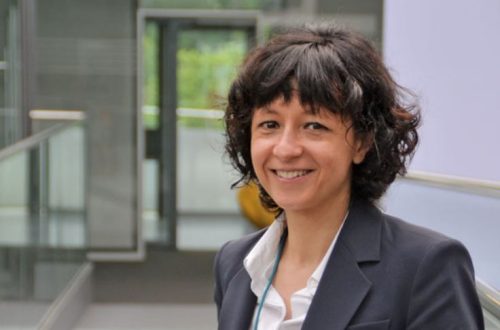
How to Contact Lisa Feldman Barrett: Phone Number, Fanmail Address, Email Address, Whatsapp, House Address
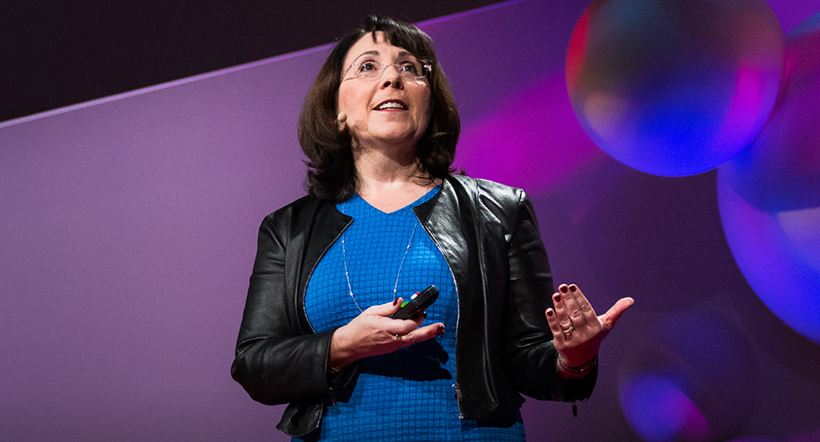
Lisa Feldman Barrett: 8 Ways to Contact Her (Phone Number, Email, House Address, Social media profiles)
Lisa Feldman Barrett: Ways to Contact or Text Lisa Feldman Barrett (Phone Number, Email, Fanmail address, Social profiles) in 2023- Are you looking for Lisa Feldman Barrett’s 2023 Contact details like her Phone number, Email Id, WhatsApp number, or Social media accounts information that you have reached on the perfect page.
Lisa Feldman Barrett Biography and Career:
Dr. Lisa Feldman Barrett is the head of the Interdisciplinary Affective Science Laboratory (IASLab) at Northeastern University and a University Distinguished Professor of Psychology there. She is also a researcher at the Martinos Centre for Biomedical Imaging in the Department of Radiology and the Psychiatric Neuroimaging Programme in the Department of Psychiatry at MGH/Harvard Medical School. Her studies concentrate on how the mind manages the body and generates mental events like emotional outbursts via a two-way dialogue with the environment.
Dr. Barrett earned her BA in 1986 with a psychology major and languages and anthropology minors from the University of Toronto. She was the first to go to college in her family’s history. She put herself through college by working both at the public library and in several different psychological labs.
During her first three years of graduate school, she attempted, in vain, to duplicate existing psychological research by conducting eight experiments on the nature of self-representations and their consequences for emotional experience. These replication failures led to a new finding that launched her into the scientific field in which she now works. She finished her clinical internship at the University of Manitoba in 1992 after completing her PhD in 1991.
She then moved on to Boston College, where she worked as an assistant professor in the field of interdisciplinary emotion studies before eventually becoming a professor of psychology there. She spent the first decade of her career expanding her knowledge and skillset, obtaining funding from the National Science Foundation’s CAREER grant and the National Institute of Mental Health’s Independent Scientist Research K02 grant in 2002, respectively.
She established a study program investigating feelings’ psychological and neural bases. She consciously drew on a wide range of academic disciplines, including anthropology, philosophy, linguistics, and the history of psychology, in her work.
Dr. Barrett is well-known in the field of psychology for the groundbreaking work she has done in both theory and practice. She created experience-sampling software that is now used in laboratories all around the globe and was an early adopter of these approaches. For her groundbreaking work in understanding the neurobiology behind emotion, she was awarded the prestigious NIH Director’s Pioneer Award in 2007.
Her research questioned the widely held scientific belief that emotions are universal patterns activated by simple, specialized brain circuits by quantifying them as malleable, biological categories full of variable, contextual cases. Several articles emerged from this research that some people now regard as “modern classics” on emotions.

Dr. Barrett’s studies of emotion laid the groundwork for a new, more comprehensive scientific method of studying brain anatomy and function that is predictive rather than reactive. Dr. Barrett’s current work integrates evolutionary and developmental neuroscience perspectives, cultural evolution, and systems engineering to highlight the importance of energy control and motivation to human cognitive and behavioral processes.
Her study similarly provides a trans-disorder lens to analyze the relationship between mental and physical well-being. Dr. Barrett’s work has been described as “groundbreaking,” “inspirational,” and “transformative” by her peers and the National Institute on Ageing, the National Institute of Mental Health, the National Cancer Institute, the National Institute of Child Health, and Human Development, the National Science Foundation, and the US Army Research Institute of Behavioural Science have all provided continuous funding for her IASLab for more than 20 years.
Web of Science ranks Dr. Barrett in the top one percent of all cited scientists for his remarkable work across many disciplines and over 250 peer-reviewed scientific articles. The third and fourth editions of the Handbook of Emotion, published by Guilford Press, are among the five scientific publications she has edited.
Dr. Barrett has been lauded as “the deepest thinker since Darwin” and “the most important effective scientist of our time.” Many prestigious scientific organizations have elected her to membership, including the Royal Society of Canada and the American Academy of Arts and Sciences.
Dr. Barrett has received numerous accolades for her work in the field of psychology, including the Society for Experimental Social Psychology’s Career Trajectory Award (2006), the Society for Personality and Social Psychology’s Diener Mid-Career Award in Social Psychology (2014), and the American Association for the Advancement of Science’s McGovern Award Lecture in the Behavioural Sciences in 2020.
Dr. Barrett’s contributions to psychology have also been recognized with honors. The American Psychological Association presented him with the Distinguished Scientific Contribution Award in Psychology in 2021, and in 2013 he got the Award for Distinguished Service to Psychological Science. In 2018, she also took home the Association for Psychological Science’s Mentor Award for Lifetime Achievement.
Dr. Barrett’s nomination letter for the Mentor Award was written by more than sixty of her current and former students and younger colleagues, who all praised her as “inspirational,” “generous,” and “dedicated,” as well as “a brilliant intellectual” and a “fearless” leader whose “passion is infectious and enticing.” Many of them have gone on to teach at prestigious American and international universities, including Yale, UNC, UC Davis, and UCLA, and those in Israel, Spain, the Netherlands, and Japan.
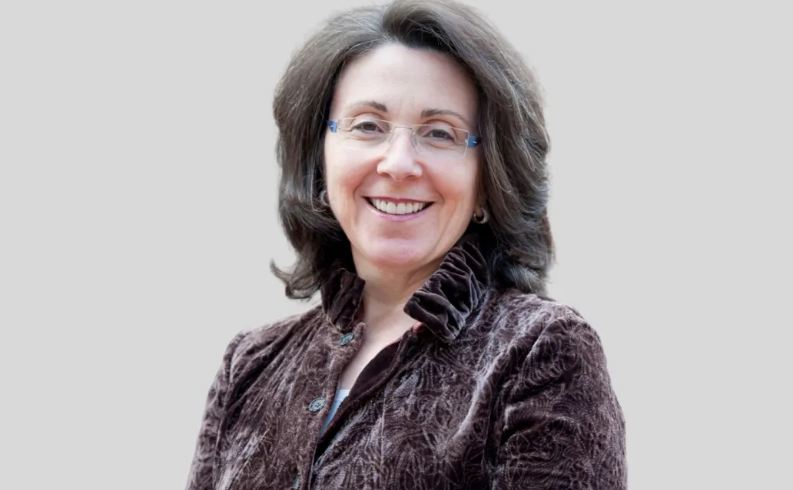
Dr. Barrett was president of the Society for Affective Science (SAS) in 2014–2015 and co-founded the organization with Dr. James Gross. She and Dr. James Russell co-founded and co-edited (2007–2012) the journal Emotion Review at Sage. Since 2007, she has been on the board of Psychological Science, and from 2007 to 2012, she was on the board of Psychological Review.
From 2020 to 2023, she will be on the Current Directions in Psychological Science board. In 2019–2020, she also led the Association for Psychological Science (APS) as its president. Her monthly contributions on thought-provoking topics in APS’s The Observer were well-read.
The New York Times, Popular Science, Nautilus, Cosmopolitan, and Time have all published pieces by Dr. Barrett. As of March 2021, more than 6 million people have seen her TED Talk, which she gave in January 2018. This made it one of the 25 most-watched TED Talks of 2018. Over 300 articles have been written on her work, including features on NPR, NBC, and Invisibilia, as well as in the WSJ, WIRED, and Time.
Dr. Barrett consults with institutions like the Boston Museum of Science to incorporate cutting-edge findings in psychology and neuroscience into their exhibits. As the Chief Science Officer of the Centre for Law, Brain, and Behaviour at MGH, she also trains attorneys, judges, and other legal actors in emotion, neuroscience, and the law. Both in 2007 and 2016, she testified before the Supreme Judicial Court of Massachusetts in favor of funding for fundamental behavioral research.
The Secret Life of the Brain, Dr. Barrett’s first popular science book, was released by Houghton Mifflin Harcourt in 2017 to widespread praise. Kirkus Reviews named it the Best Book of 2017, praising its “brilliant and original,” “mind-blowing,” and “delightful to read” prose. The 2018 PEN/E. O. Wilson Literary Science Writing Award considered How Emotions Are Made as a semi-finalist.
The publication of Dr. Barrett’s book Seven and a Half Lessons About the Brain in 2020 was partially funded by a grant from the Alfred P. Sloan Foundation, and she was designated a Guggenheim Fellow in 2019. She is now writing a textbook for MIT Press that will explain how an understanding of motivation and emotion may be gleaned from evolutionary and developmental neuroscience perspectives.
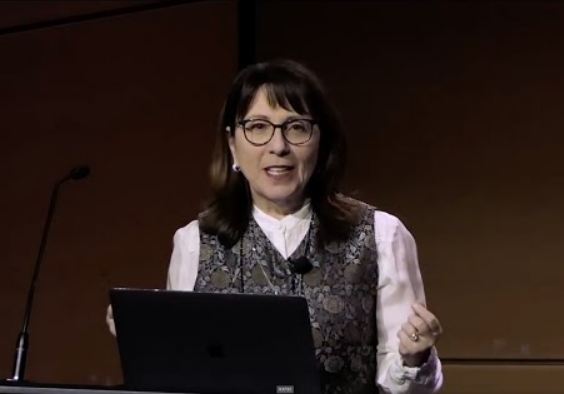
Lisa Feldman Barrett Profile-
- Famous Name– Lisa Feldman Barrett
- Birth Sign- NA
- Date of Birth– 1963
- Birth Place– Toronto, Canada
- Age – 60 years (As 0f 2023)
- Nickname– Lisa Feldman Barrett
- Parents– Father: NA, Mother: NA
- Sibling– NA
- Height– NA
- Profession– Professor
- Twitter Followers: 40.5K Followers
- Total Insta Followers: NA
- Total YouTube Subs: 6.23K subscribers
Lisa Feldman Barrett’s Phone Number, Email, Contact Information, House Address, and Social Profiles:
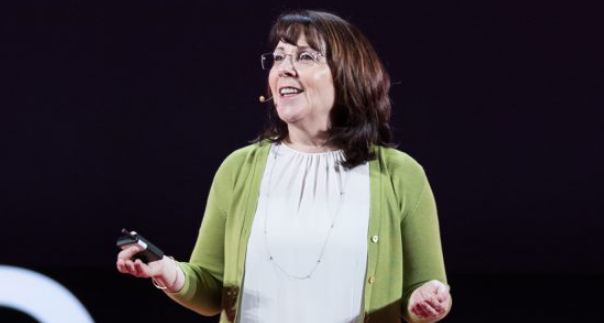
Ways to Contact Lisa Feldman Barrett :
1. Facebook Page: @lisa.barrett.5667
2. YouTube Channel: @lisafeldmanbarrett705
3. Instagram Profile: @Lisa Feldman Barrett
Lisa Feldman Barrett also has her Instagram profile, where she gained a million followers and got around 100k likes per post. If you want to see her latest pics on Instagram, you can visit through the above link.
4. Twitter: @LFeldmanBarrett
5. Phone number: (617) 373-3794
6. Fan Mail Address:
Lisa Feldman Barrett
Toronto, Canada
7. Email id: NA
8. Website URL: https://lisafeldmanbarrett.com/
Read Also: How to Contact Nancy Hopkins: Phone Number, Fanmail Address, Email Address, Whatsapp, House Address


